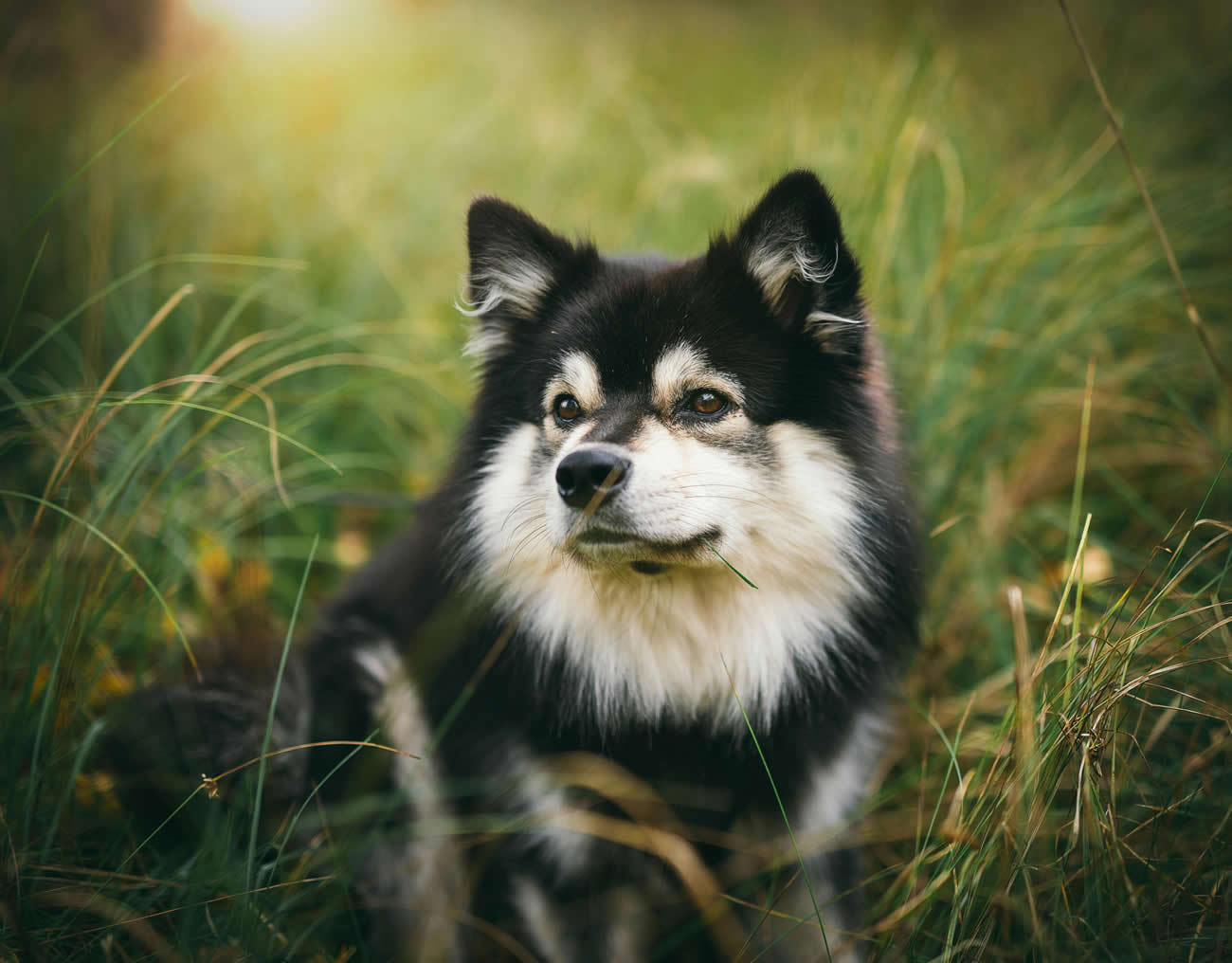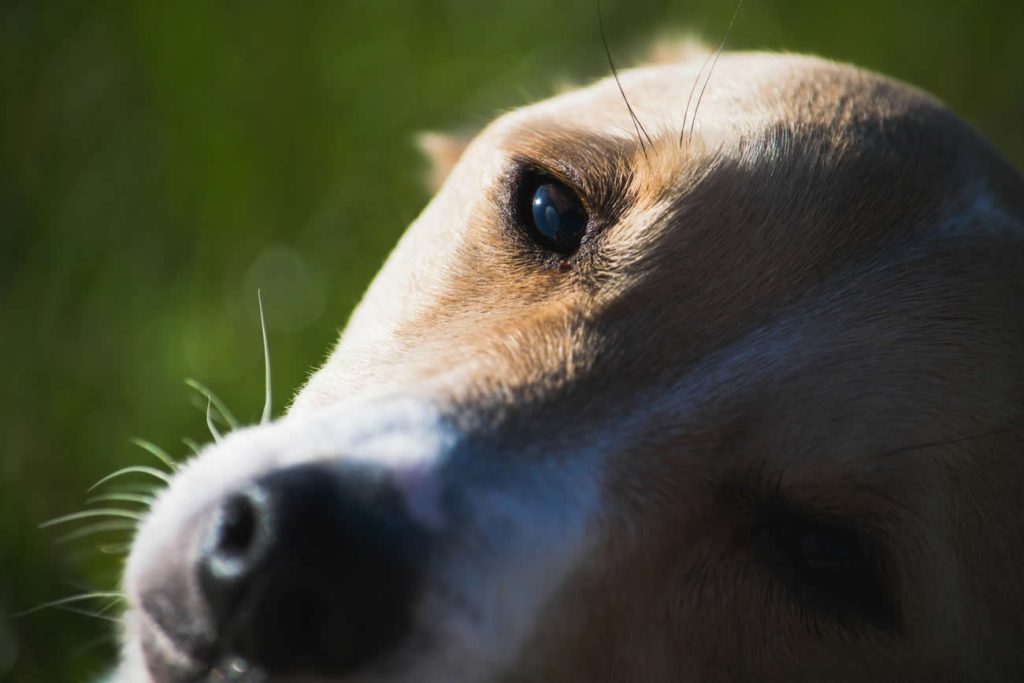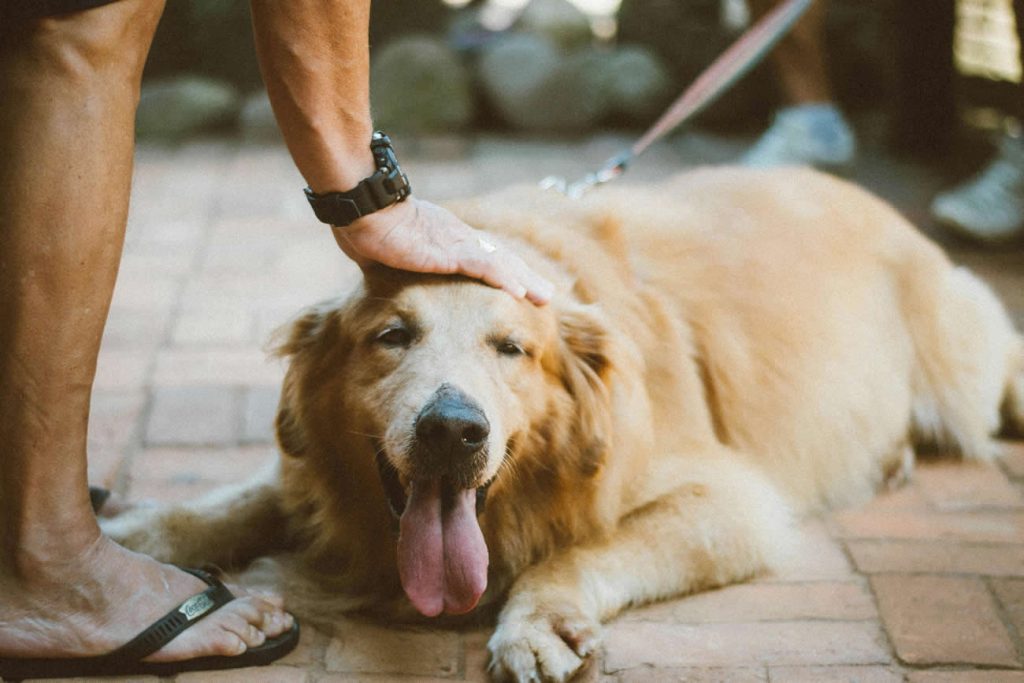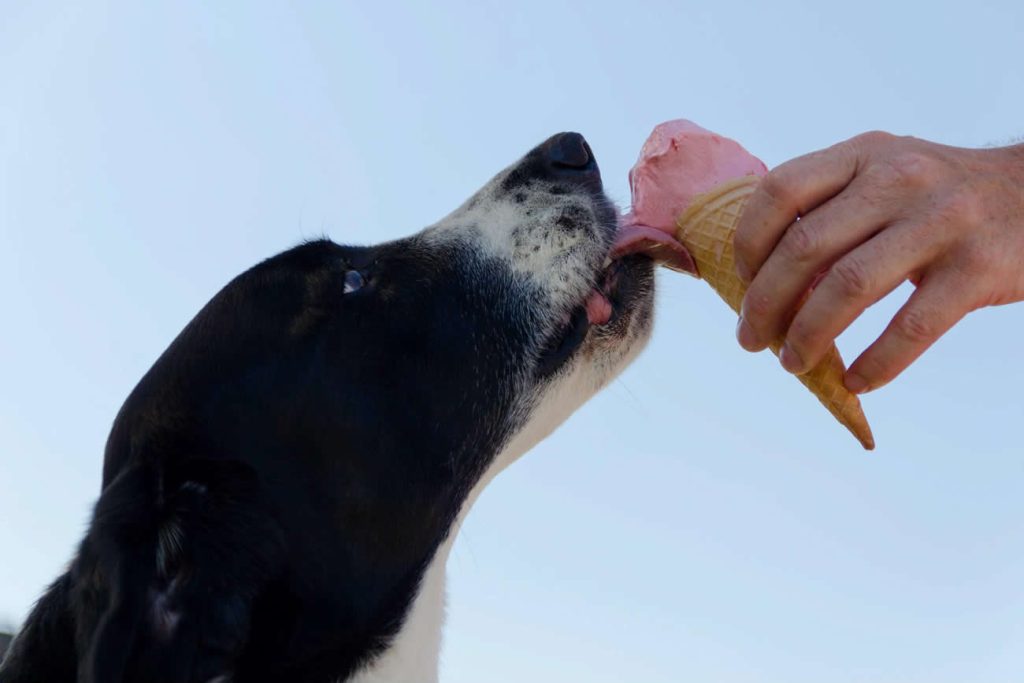Why do dogs eat grass? If you have a dog, you have probably caught him eating grass at least once. While this behaviour is quite common among dogs, it can leave us wondering why they do it. After all, we feed them a balanced diet, so why do they feel the need to snack on greens now and then?
One possible explanation is that dogs instinctively eat grass to aid in digestion. Grass contains fibre, which can help move things along in their digestive system and even help them expel any indigestible material. Additionally, grass can act as a natural laxative, providing relief from constipation or other digestive issues.
Another reason could be that dogs enjoy the taste and texture of grass. Just like humans have cravings for certain foods, dogs may have a similar desire for grass. It could be a way for them to satisfy their natural curiosity and explore different tastes and textures.
It’s also worth considering that dogs may eat grass as a form of self-medication. When they feel nauseous or have an upset stomach, they may instinctively turn to grass to induce vomiting and alleviate discomfort.
However, it’s important to note that not all dogs will vomit after eating grass, and excessive grass consumption could actually lead to more serious health issues.
In conclusion, while the exact reasons why dogs eat grass may vary, it is generally considered normal behaviour. However, if you notice that your dog is excessively eating grass or showing signs of distress after consuming it, it’s always best to consult with a veterinarian to rule out any underlying health issues.
Natural Instinct
Dogs, as descendants of wild canines, still exhibit certain instincts rooted in their ancestry. One such behaviour is the occasional consumption of grass and plants reminiscent of their wild counterparts.
This intriguing behaviour might stem from inherited instincts, serving as a way for our domesticated companions to alleviate anxiety or stress. Moreover, dogs may also engage in this behaviour to counteract stomach upsets, further highlighting the fascinating complexity of our furry friends.
In the wild, their ancestors would consume grass to aid digestion or induce vomiting, helping them expel any indigestible substances from their stomachs. This natural instinct seems to have been passed down through generations, even as dogs became domesticated.
So, when your furry friend nibbles on a patch of grass, it might just be their way of soothing an upset tummy or ensuring their digestive system stays in balance.
It’s intriguing to observe these behaviours in our modern-day companions as they provide a glimpse into the rich tapestry of their evolutionary history. These small acts, rooted in their ancestry, remind us of the deep connection dogs still have with their wild counterparts.
Aids Digestion
Another possible reason dogs eat grass is to help aid their digestion. It has been observed that when dogs vomit after eating grass, some of the food they had previously eaten is brought out, indicating that they were trying to clear their stomachs.
However, not all dogs who eat grass necessarily vomit, and it is still not entirely clear whether grass has a beneficial effect on their digestive systems.
Some experts suggest that grass contains fibre, which can act as a natural laxative and help move things along in a dog’s digestive tract. Additionally, grass may provide essential nutrients like chlorophyll, which can support a healthy gut.
While these theories offer plausible explanations, more research is needed to fully understand the relationship between dogs, grass-eating, and digestion.
Nutritional Deficiencies
While dogs are primarily carnivorous and do not require plant-based food to survive, they may still derive certain benefits from consuming nutrients found in grass. For instance, grass serves as an excellent source of dietary fibre, promoting healthy bowel movements and aiding in digestion.
The consumption of grass can stimulate the production of digestive enzymes in their stomach, further enhancing overall digestive processes. Additionally, grass contains chlorophyll, which has antioxidant properties and may help with detoxification.
It also provides essential vitamins and minerals, such as vitamin A and calcium. However, if your dog exhibits excessive grass-eating behaviour, it could potentially indicate a nutritional deficiency, and it is advisable to consult your veterinarian for further guidance and evaluation to ensure that your dog’s dietary needs are being met.
Boredom or Anxiety
Some dogs may eat grass out of boredom or anxiety, mainly when left alone for long periods of time. This behaviour serves as an outlet for their pent-up energy, which can be further exacerbated by stress or anxiety triggers.
If you observe your dog frequently consuming grass, it is advisable to spend more quality time with it, offer engaging toys or interactive puzzles to keep it occupied, and closely monitor its behaviour for any signs of distress or discomfort.
By taking these measures, such as going for regular walks or engaging in interactive play sessions, you can ensure the overall well-being and contentment of your furry companion.
Additionally, providing mental stimulation through activities like scent games or obedience training can help alleviate boredom and reduce the likelihood of grass-eating behaviour.
Remember, a happy and fulfilled dog is less likely to resort to such habits, so it’s crucial to address their needs and provide a stimulating environment.
It May Not Harm Them
Finally, it is important to understand that eating grass may not necessarily harm your dog. Plain grass is relatively harmless and typically will not cause any adverse effects as long as it is not treated with herbicides or pesticides.
Dogs may be instinctively drawn to eating grass due to its natural fibre content, which can aid in digestion and provide a sense of satisfaction. Additionally, grass contains essential nutrients such as chlorophyll, which can have detoxifying properties for your furry friend.
However, if you notice your dog excessively gulping grass or vomiting after eating it, it is advisable to consult your veterinarian to rule out any underlying illness or potential allergies. Your vet will be able to provide further guidance and ensure the overall well-being of your beloved companion.
Our Final Say!
It’s not uncommon for dog owners to witness their furry friends munching on grass. While this behaviour is generally harmless and stems from their natural instincts, it might raise a few questions.
Dogs may eat grass to alleviate an upset stomach or to add fibre to their diet. However, it’s essential to pay attention to your pet’s overall behaviour and ensure they maintain a healthy and balanced diet.
If you happen to notice any unusual behaviour or a consistent pattern of grass eating, it’s advisable to seek guidance from your veterinarian.
They can help identify any potential underlying issues, such as digestive problems or nutritional deficiencies, that may require further attention and care. Remember, understanding your dog’s behaviour and taking appropriate measures ensures their well-being and happiness.








